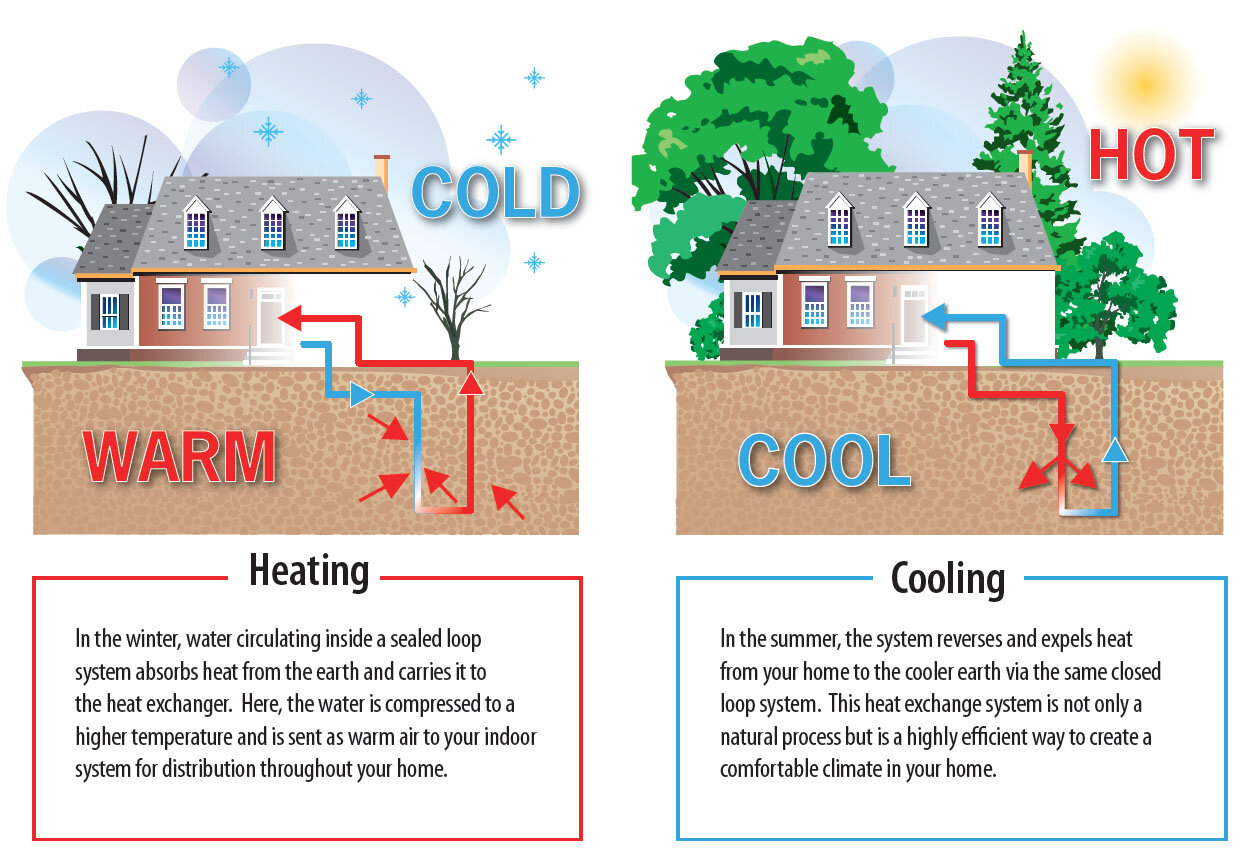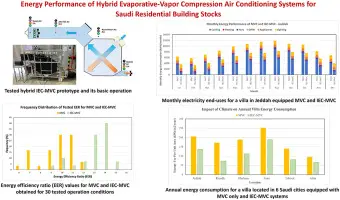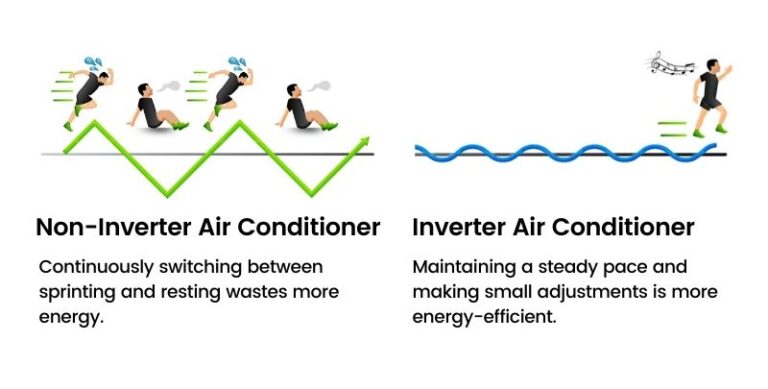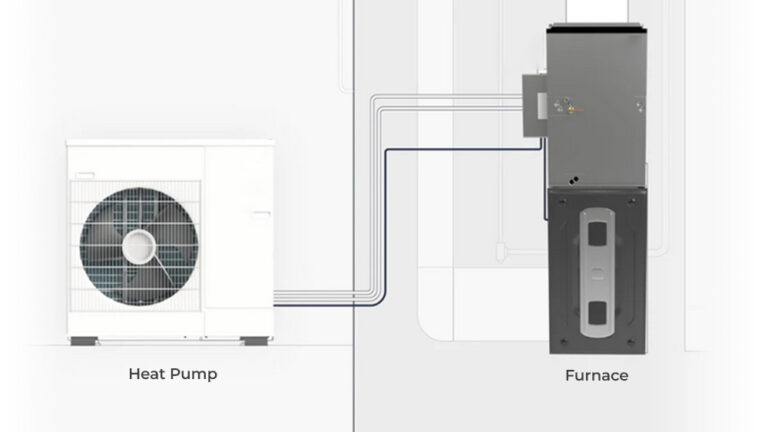Geothermal Solutions: Optimizing Air Conditioning Efficiency with Earth’s Energy
The quest for sustainability and energy efficiency is spurring innovation across all industries, and the heating, ventilation, and air conditioning (HVAC) sector is no exception. In this age of heightened environmental awareness, geothermal technology is emerging as a frontrunner in revolutionizing how we cool and heat our spaces. For HVAC professionals and green-minded homeowners, understanding and harnessing the potential of geothermal energy could be groundbreaking.
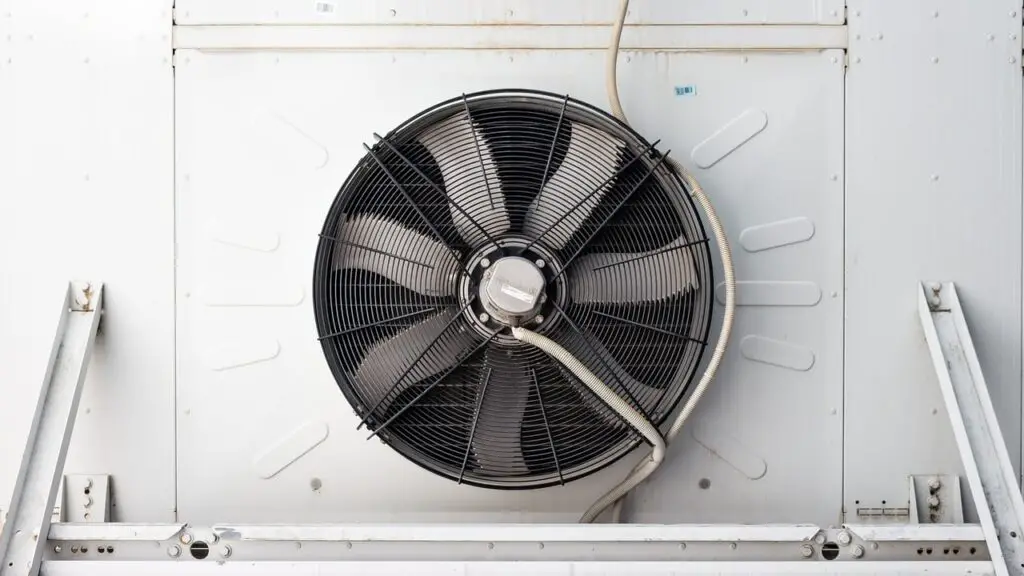
In this comprehensive exploration, we’ll unearth the principles of geothermal energy and how they can be seamlessly integrated into HVAC systems. You will discover the numerous benefits of opting for geothermal solutions, from enhanced air conditioning efficiency to significant cost savings, all while reducing the carbon footprint. We’ll also address the challenges associated with adopting this green tech and provide insights into making geothermal options more accessible and practical.
Understanding Geothermal Solutions
Defining Geothermal Energy in HVAC
Geothermal energy refers to the heat stored beneath the Earth’s surface, a seemingly inexhaustible resource that can be harnessed for various applications, including HVAC. Unlike traditional air conditioners, which rely on electricity to cool the air, geothermal heat pumps take advantage of the stable ground temperature to provide consistent, efficient heating and cooling.
The Principles at Work
The science behind geothermal HVAC systems is elegantly simple. By utilizing the moderate underground temperature to extract or reject heat, these systems maintain a higher level of efficiency compared to their air-sourced counterparts. In winter, the system extracts heat from the ground and delivers it to the building. Conversely, during summer, it removes heat from the building and deposits it back into the ground.
Benefits of Geothermal Energy
The advantages are manifold. Geothermal solutions offer higher efficiency and, therefore, lower operating costs than traditional systems. They are also quieter, more durable, and require minimal maintenance. Additionally, geothermal HVAC contributes to grid resiliency and can provide energy independence for the end user.
Implementation in HVAC Systems
Examining Geothermal Heat Pump Technology
Geothermal heat pumps work similarly to standard heat pumps, but instead of air, they use water or a mixture of water and antifreeze circulated through buried pipes. This loop system is the heart of geothermal energy exchange, where the Earth’s consistent temperature acts as a source in the heating cycle and a sink in the cooling cycle.
Integration with Traditional HVAC
Geothermal systems can be designed to complement existing HVAC configurations. By using a hybrid approach, where the geothermal system handles some of the cooling and heating workload, overall system efficiency can be significantly boosted. This integration strategy allows for a phased upgrade, which may be more palatable for some users.
The Economic Dimension
While the initial cost of installing a geothermal system is higher than traditional systems, advancements in technology and increasing market adoption are driving these costs down. The long-term savings on energy bills, coupled with potential tax incentives and rebates, make geothermal a compelling financial investment.
Environmental Impact and Sustainability
Reducing the Carbon Footprint
Geothermal HVAC systems have a significantly smaller carbon footprint compared to conventional systems. By reducing reliance on fossil fuels and grid electricity, geothermal solutions play a pivotal role in combating climate change.
Harnessing Renewable Energy
Geothermal energy is an abundant and renewable resource, which means it will not deplete over time. This reliability offers a consistent and environmentally friendly approach to heating and cooling that is not subject to the price volatility of non-renewable fuel sources.
Advocacy for Eco-Friendly Practices
The adoption of geothermal technology affirms a commitment to sustainability and sets a new standard for the industry. It paves the way for eco-friendlier practices and encourages a shift towards renewable energy use.
Case Studies
Residential Success Stories
Highlighted here are real-life examples of households benefiting from the installation of geothermal HVAC systems. Notable changes include noticeable reductions in energy bills and a marked increase in comfort levels throughout various seasons.
Commercial Applications
Commercial establishments, too, have embraced geothermal solutions. Large-scale installations have led to substantial energy savings and have shown to enhance the environmental credentials of businesses, a factor increasingly important to consumers and regulators alike.
Challenges and Considerations
Assessing the Investment
One of the primary deterrents to geothermal adoption is the upfront investment. However, when considering the substantial operational savings over the system’s lifespan, the long-term financial benefits can far outweigh the initial costs.
Addressing Installation Hurdles
Installing geothermal systems requires expertise and careful planning. The coordination of digging, laying pipes, and setting up the ground loop is meticulous work, often lengthening the installation timetable compared to traditional HVAC units.
Understanding Maintenance Needs
While geothermal systems are known for their durability, they are not maintenance-free. Routine check-ups are necessary to ensure the system continues to operate at peak efficiency. Homeowners and technicians must be proactive in preserving the performance of geothermal units.
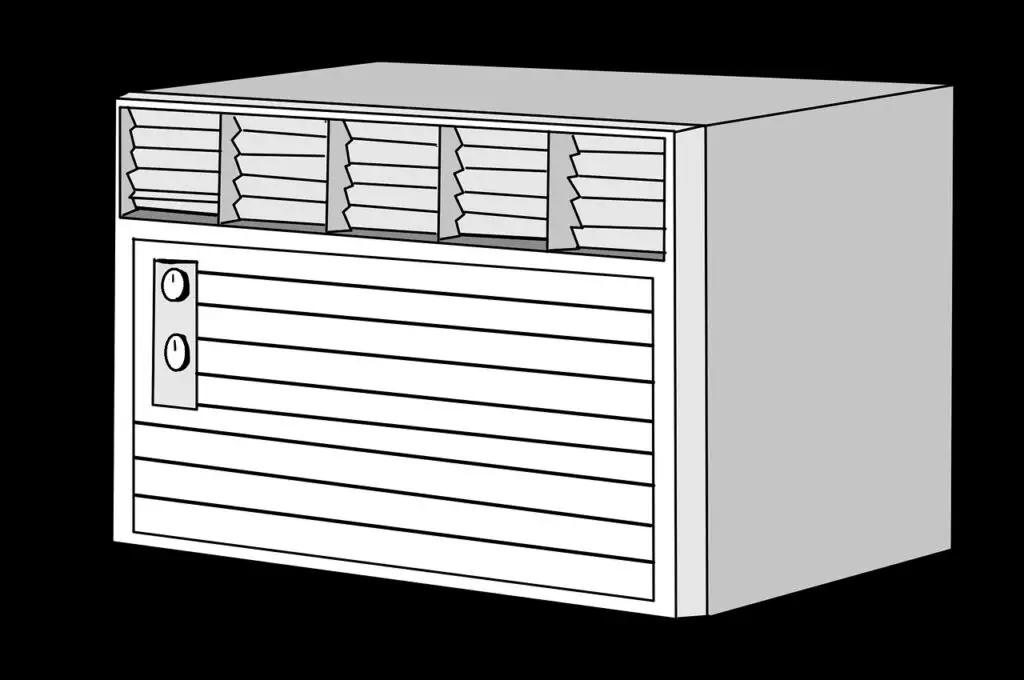
Conclusion
In the pursuit of energy efficiency and environmental stewardship, geothermal solutions offer a compelling alternative to traditional HVAC systems. By tapping into the Earth’s own heat, we can optimize air conditioning and heating, saving on costs and reducing the strain on our planet’s resources. It is time for both HVAC professionals and homeowners to seriously consider the integration of geothermal technology. The benefits are clear, the challenges are surmountable, and the planet stands to gain from these sustainable choices.

